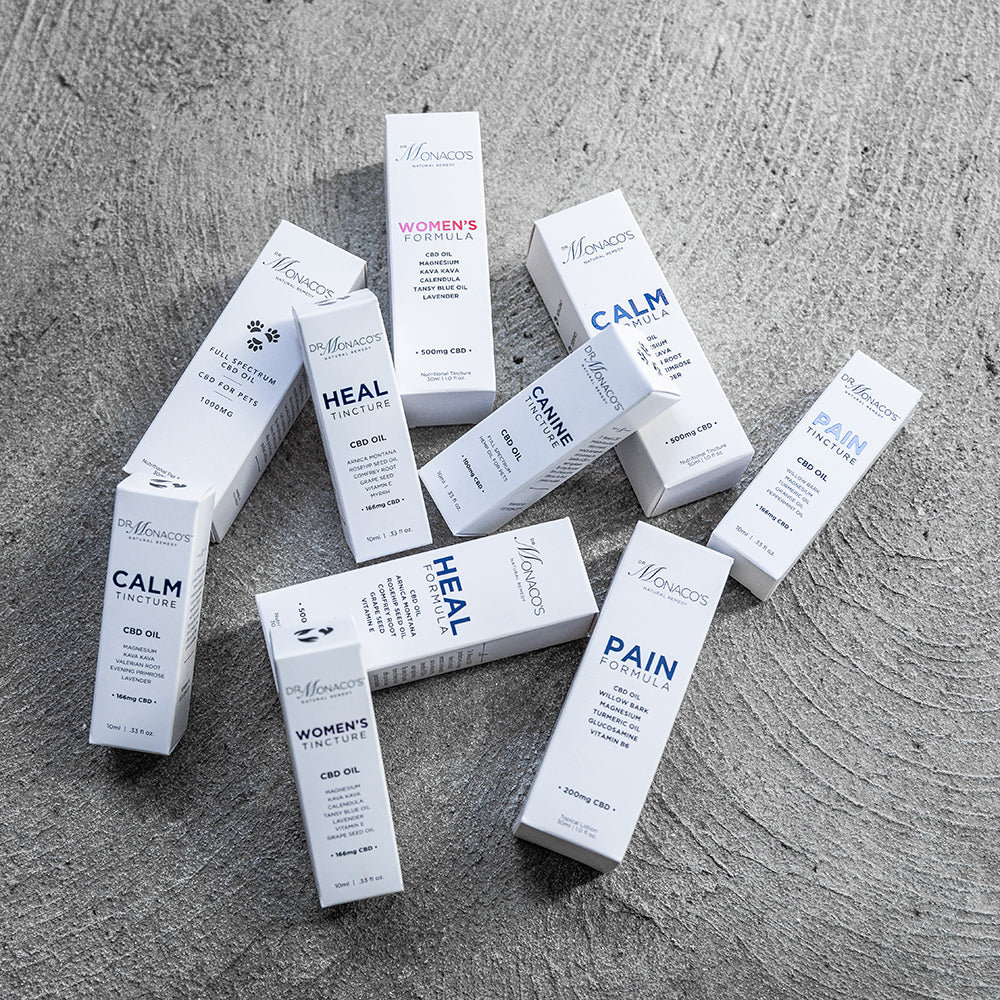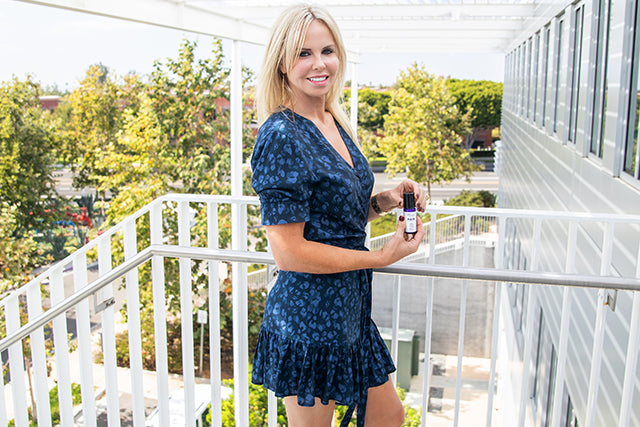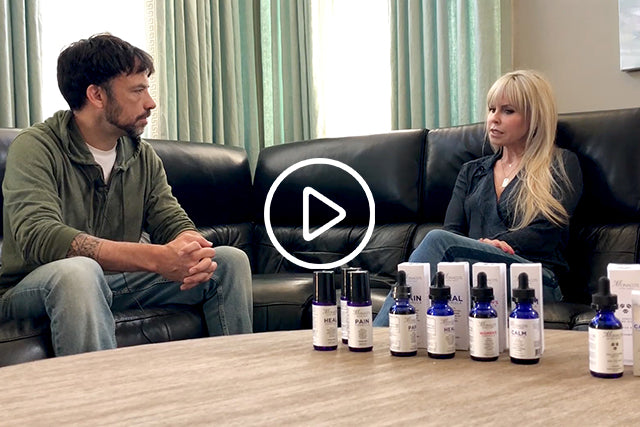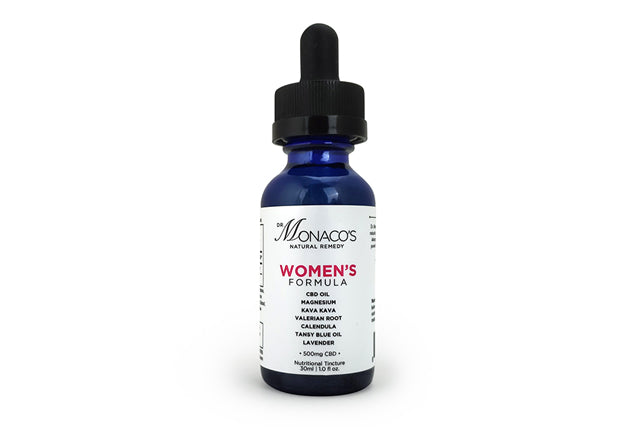What are the benefits of CBD What are the benefits of CBD
While research into the effects of CBD on specific conditions is important, a broader perspective on the relationship between CBD and the human body is necessary to understand how this unique compound works. Interestingly, many of the conditions that are supposedly helped by CBD have no well-understood cause, from acne to Alzheimer’s disease. However, one of the few common denominators between these conditions is the involvement of the endocannabinoid system (ECS) in their causes.
The ECS is responsible for setting the baseline activity levels of our immune system and nervous system, which then work to maintain our health. When the ECS falls out of whack, the systems that are regulated by it can begin to malfunction. CBD promotes the normal health and function of the endocannabinoid system, so it’s possible that CBD can help to alleviate the symptoms of conditions that are caused by dysfunction of the endocannabinoid system.
While research into the effects of CBD on specific conditions is important, a broader perspective on the relationship between CBD and the human body is necessary to understand how this unique compound works. Interestingly, many of the conditions that are supposedly helped by CBD have no well-understood cause, from acne to Alzheimer’s disease. However, one of the few common denominators between these conditions is the involvement of the endocannabinoid system (ECS) in their causes.
The ECS is responsible for setting the baseline activity levels of our immune system and nervous system, which then work to maintain our health. When the ECS falls out of whack, the systems that are regulated by it can begin to malfunction. CBD promotes the normal health and function of the endocannabinoid system, so it’s possible that CBD can help to alleviate the symptoms of conditions that are caused by dysfunction of the endocannabinoid system.
What is CBD? What is CBD?
CBD, or cannabidiol, is a cannabinoid found in the hemp plant. As we’ve discovered more about the human species as well as the plants that we , we’ve learned of the immense health value that CBD brings to the table. It has quickly become a staple supplement for millions who seek a natural alternative to dangerous pharmaceuticals, alien to nature’s perfect remedies. CBD, or cannabidiol, is a cannabinoid found in the hemp plant. As we’ve discovered more about the human species as well as the plants that we , we’ve learned of the immense health value that CBD brings to the table. It has quickly become a staple supplement for millions who seek a natural alternative to dangerous pharmaceuticals, alien to nature’s perfect remedies.
How are the products formulated? How are the products formulated?
CBD, or cannabidiol, is one of 113 cannabinoids unique to the hemp plant. CBD is produced by the leaves and flowers of female hemp plants. Hemp is defined as all cannabis plants with less than 0.3% THC by weight. Because hemp has such low THC levels, it is non-psychoactive by definition.
While CBD can be extracted from non-hemp varieties of the plant, hemp-derived CBD is less restricted by the government because of its inherently low levels of THC. CBD from hemp is legal for sale in most US states, while CBD products derived from non-hemp varieties can contain noticeable amounts of THC, and are therefore subject to stricter laws and regulations.
CBD and other cannabinoids are produced by the hemp plant because of their unique aromatic and antioxidant activities, which protect the plant from insects, fungus, bacteria, and changes in the environment.
CBD, or cannabidiol, is one of 113 cannabinoids unique to the hemp plant. CBD is produced by the leaves and flowers of female hemp plants. Hemp is defined as all cannabis plants with less than 0.3% THC by weight. Because hemp has such low THC levels, it is non-psychoactive by definition.
While CBD can be extracted from non-hemp varieties of the plant, hemp-derived CBD is less restricted by the government because of its inherently low levels of THC. CBD from hemp is legal for sale in most US states, while CBD products derived from non-hemp varieties can contain noticeable amounts of THC, and are therefore subject to stricter laws and regulations.
CBD and other cannabinoids are produced by the hemp plant because of their unique aromatic and antioxidant activities, which protect the plant from insects, fungus, bacteria, and changes in the environment.






